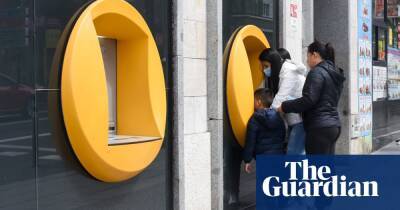Rising prices and wages land councils with their own cost-of-living crisis
Inflation is weighing on Nazia Rehman’s mind. Not only has the Wigan councillor been approached by scores of residents who can’t afford their energy bills, but some of the town’s community centres – tasked with helping the very same people – now face similar problems.
“They’re saying they’re not sustainable any more because of the risk they can’t afford their expenses,” she says. “They’re our eyes and ears: people use them and they’re so valued by our community. It would be a disaster if they go.”
As the councillor responsible for finance and resources in the Greater Manchester town of 320,000, she has seen first-hand how demand for services is ballooning just as the price of providing them is escalating dramatically thanks to the cost-of-living crisis.
Wigan council has seen its own energy costs increase by about 115%, making it expensive to keep open buildings that homeless and elderly people, and many families, rely on – just when levels of poverty are expected to rise sharply.
“As an organisation we face a huge risk,” she says. “And it’s not just financial; it’s human now, because people depend on us.”
Rehman’s worries are a taste of the inflationary pain ripping through local authority budgets. Councils across Britain are facing growing challenges as the cost-of-living crisis sweeps the country. The highest rates of inflation for at least three decades are driving a sharp rise in the cost of the raw materials, labour and services they have to buy to provide public services.
In addition to the hit on energy costs, Rehman says contractors working on its building projects have requested an extra £1m on one scheme and a further £600,000 on another as the price of materials spirals. It doesn’t help that the council’s finances
Read more on theguardian.com




















